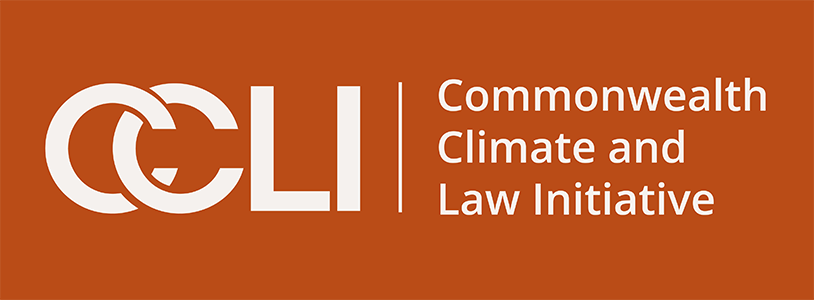In case you missed the Taskforce on Nature-related Financial Disclosures (TNFD) webinar on 11 July 2024 titled, “Boards and nature – the evolving landscape for director’s duties”, the recording has now been made available here.
The Commonwealth Climate and Law Initiative (CCLI)’s Board Members, Cynthia Williams and Sarah Barker, were panelists on the webinar.
Roughly USD58 trillion of economic value – over half of the world’s GDP – is moderately or highly dependent on nature and its services. But how does nature relate to directors’ duties?
Some of our key takeaways:
- Cynthia Williams noted that “fiduciary duty obligations of boards and officers are consistent across jurisdictions, both civil or common law. Every board needs to have some insights into what their nature dependencies are and how to mitigate these risks.” ”Risks change over time. 10-years ago, nature would not have been on the board agenda. Now, it has to be.”
- CCLI’s recently published UK and Australia nature opinions were discussed at length. Both these opinions concluded that under the respective laws, a failure to consider nature-related risks could amount to a breach of directors’ duties. As noted by Sarah Barker, “as a matter of legal principles this is not that controversial. This is not new law. It is establishing the facts and context to established principles of law”.
- Sarah Barker explained how “greenhushing is both legally and commercially imprudent. It is imprudent because so many nature-related dependencies and impacts are material financial risks and opportunities over short term, medium term, long term time horizons. So you have to be communicating those to your investors. If you don’t, you are misrepresenting a material financial issue of your company.”
Tips for directors:
- Sarah Barker highlighted the importance of “functional fluency” of directors. Directors need to be “critically evaluating what comes before them” and “actively apply their independent judgment, and there’s just no substitute for that, particularly given the complexity and uncertainty.”
- Directors struggle because nature is complex and uncertain. It’s really “incumbent on sustainability teams, finance teams, management and the board to really get across these issues and to understand the range of future states, and where the complexity and uncertainty lies.”
- Directors could use the TNFD LEAP framework and recommended disclosure and assessment tools to get started on this journey.
